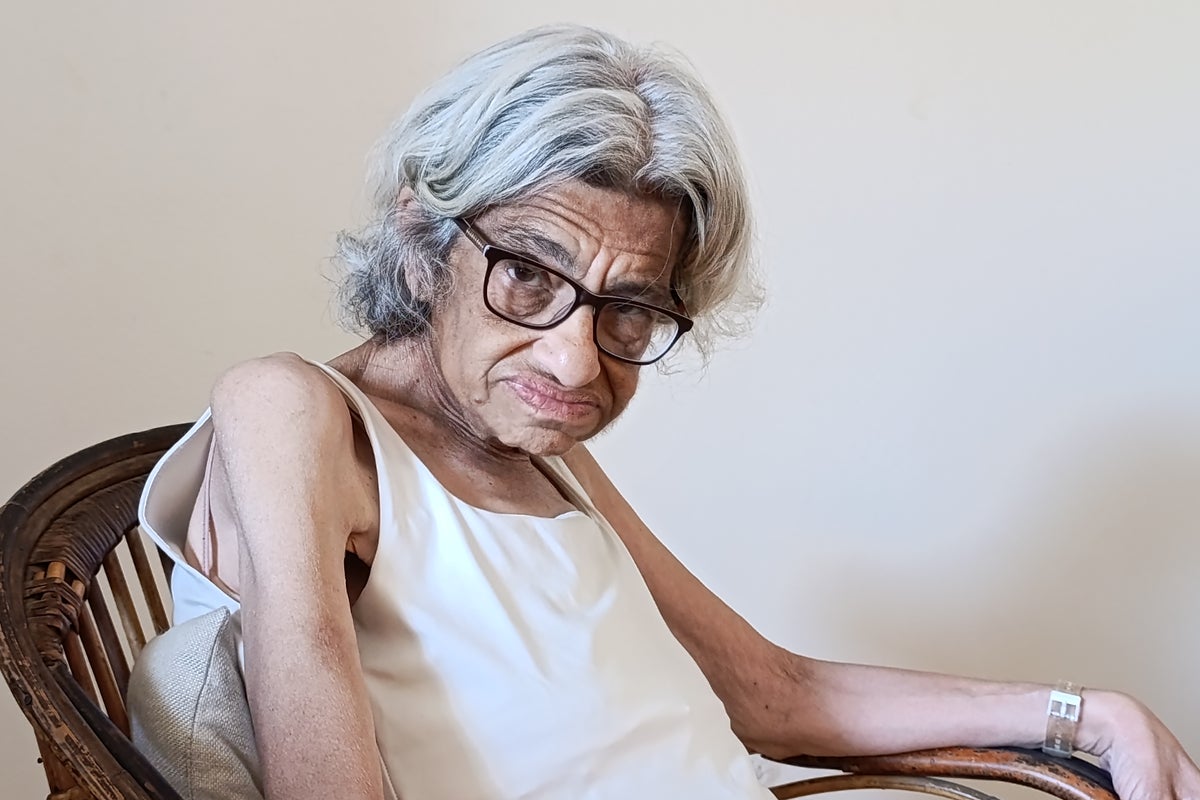A British-Egyptian grandmother hospitalised after nearly 250 days on hunger strike to protest the illegal imprisonment of her son is surviving only by a “miracle”, her family have said.
Laila Soueif, 69, is currently at St Thomas’s Hospital suffering from extremely low blood sugar levels. Her doctors say she is at severe risk of “sudden death”.
The maths professor and pro-democracy activist, who previously lived in London, went on strike on 29 September last year, after Egyptian authorities refused to release her son, fellow pro-democracy voice and British passport holder Alaa Abd el-Fattah, from prison in Cairo.
The September date marked the end of Mr Fattah’s five-year sentence, handed down to him for sharing a post on social media about the murder of a fellow activist in prison. He had already served five years in detention for pro-democracy activism before his second sentence, spending just six months out of prison between the two stints. His son Khaled, 13, has spent much of his young life in Brighton without his father.
Mr Fattah’s family say the British government has failed to protect him against the Egyptian regime and secure his release. Mr Fattah has also been denied consular access to the British embassy despite it being his legal right.
Ms Soueif’s unprecedented hunger strike has two purposes: to protest the Egyptian regime’s refusal to release her son and to urge Sir Keir Starmer’s government to work harder to broker Mr Fattah’s freedom.
After nearly 250 days of not eating, with only a brief break between February and May when she accepted 300 liquid calories a day, her family say they cannot believe Ms Soueif is still going.
“It’s a miracle that she is conscious,” said Sanaa Seif, Ms Soueif’s 31-year-old daughter, outside the main entrance of St Thomas’s Hospital.
Ms Seif said her mother, who was admitted to the hospital for the second time during her hunger strike last Thursday, is still not receiving food but has had an injection that helps her body burn pre-existing fat.
The doctors are, however, worried that whatever fat is left to burn could be what is holding her organs together, which they have told the family is a “very limited” source.
“She’s fighting. Her body is fighting. She’s with us,” added Ms Seif. “I hope the folks at No 10 and the Foreign Office use this time her body has given us well.”
Last week, the United Nations found that Mr Fattah’s detention was illegal on four different counts. They found the activist appeared to have been imprisoned for exercising freedom of expression, and called on Cairo to release him immediately.
The ruling helped reignite calls to the British government to secure Mr Fattah’s release.
Sir Keir Starmer met with the family, including Ms Soueif, back in February, when the grandmother was around 140 days into her hunger strike. He promised then “to do all that I can to secure the release” of Mr Fattah.
John McDonnell MP, who is supporting the family, says Sir Keir’s subsequent calls to the Egyptian president, Abdel Fattah al-Sisi, have “had no effect”.
“The government has gone through all the routine measures,” he said. “Now there needs to be that sense of urgency in the next few hours.”
He echoed calls for the UK to roll out a “package of economic measures” against Cairo, including changing the Foreign Office advice on Britons travelling to Egypt.
It is only by threatening “damaging” consequences that the Egyptian government will respond, he added.
An FCDO spokesperson said: “We are committed to securing Alaa Abd El-Fattah’s release. The Foreign Secretary stressed the urgency of the situation in a call with his counterpart on Sunday morning, and further engagement at the highest levels of the Egyptian government continues.
“We are deeply concerned by Laila’s hospitalisation. We remain in regular contact with Laila’s family and have checked on her welfare.”

